Panta Rhei: The concept of impermanence in Greek philosophy
The phrase Panta Rhei (Πάντα ὁῤεῖ), meaning “everything flows”, captures the essence of Heraclitus’s philosophy and his profound exploration of change and continuity. Although the exact phrase does not appear verbatim in his surviving fragments, it succinctly encapsulates his central assertion: The universe is in a state of constant flux, where all things are in motion and transformation. Heraclitus’s philosophy of flux has left a legacy, influencing subsequent thinkers and shaping metaphysical and epistemological discussions about the nature of reality.

Panta Rhei, interpreted by DALL•E.
Heraclitus and the doctrine of flux
Heraclitus of Ephesus, a pre-Socratic philosopher active around 500 BCE, is often referred to as the “Philosopher of Change”. In his fragments, he repeatedly emphasizes the impermanence of all things, declaring that “you cannot step into the same river twice” (Fragment 12). This metaphor illustrates the transient nature of existence: just as a river’s waters are continually replaced, so too are all entities subject to ceaseless change.
Heraclitus views flux not as a chaotic or disorderly process but as governed by a rational principle, the logos. The logos ensures that change occurs within an ordered framework, maintaining unity amidst multiplicity. For Heraclitus, opposites are not mutually exclusive but complementary; strife and harmony coexist, and transformation arises from their interaction. This dynamic interplay of opposites is central to his vision of reality.
The metaphysics of flux
Heraclitus’s doctrine of flux challenges the assumption of stability and permanence in the natural world. Instead, he proposes a dynamic metaphysics where all entities are processes rather than static substances. Fire, a recurring metaphor in his fragments, symbolizes the ever-changing yet ordered nature of the cosmos. Fire consumes and transforms, representing the cyclical processes of destruction and renewal.
Unlike later philosophers such as Parmenides, who asserts that change is illusory and being is eternal and unchanging, Heraclitus embraces change as fundamental to existence. His philosophy represents a radical departure from traditional notions of stability, laying the groundwork for discussions about the nature of being and becoming.
Ethical and epistemological implications
Heraclitus’s philosophy of flux extends beyond metaphysics to inform his views on ethics and knowledge. In an ever-changing world, humans must cultivate an understanding of the logos to navigate life. Wisdom, for Heraclitus, consists in aligning oneself with the rational order of the cosmos, accepting change as an inherent part of existence.
This alignment requires recognizing the unity of opposites and the necessity of conflict in achieving harmony. Heraclitus’s ethical outlook emphasizes adaptability and resilience, urging individuals to embrace the dynamic nature of reality rather than resist it. In the realm of epistemology, his doctrine underscores the provisional nature of human knowledge, which must account for the fluid and transient character of phenomena.
Influence on subsequent philosophy
Heraclitus’s philosophy of flux profoundly influenced later thinkers and philosophical traditions:
- Plato and Aristotle: While both grappled with Heraclitus’s ideas, they sought to address the challenges posed by his doctrine of change. Plato contrasts the mutable realm of appearances with the immutable world of Forms, while Aristotle develops a framework that integrates change through his concepts of potentiality and actuality.
- Stoicism: The Stoics adopt Heraclitus’s concept of the logos as the rational principle governing the cosmos. For the Stoics, living in harmony with the logos entails accepting the impermanence of external circumstances and cultivating inner tranquility.
- Process philosophy: In modern thought, philosophers like Alfred North Whitehead and Henri Bergson draw on Heraclitus’s insights to develop process metaphysics, emphasizing becoming over static being.
- Eastern philosophy: Parallels between Heraclitus’s doctrine of flux and the Buddhist concept of impermanence (anicca) highlight its universal relevance. Both traditions underscore the transient and interconnected nature of reality.
Philosophical significance
The doctrine of Panta Rhei challenges us to reconsider fundamental assumptions about reality, stability, and knowledge. By foregrounding change as the essence of existence, Heraclitus offers a dynamic perspective that resonates across metaphysical, ethical, and epistemological domains. His insights into the unity of opposites and the rational structure of flux continue to inspire philosophical inquiry and reflection.
Conclusion
Panta Rhei stands as an expression of Heraclitus’s vision of the cosmos as a realm of perpetual change and ordered transformation. By asserting that “everything flows”, he not only reshaped ancient philosophical discourse but also provided a framework for understanding the dynamic interplay between stability and change. The relevance of his ideas attests to their profound impact on the history of thought and their capacity to illuminate the complexities of existence.
References
- Hellmut Flashar, Klaus Döring, Michael Erler, Die Philosophie der Antike. Bd. 1. Frühgriechische Philosophie, 2013, Schwabe, Aus der Reihe: Grundriss der Geschichte der Philosophie, ISBN: 9783796525988
- Klaus Döring, Michael Erler, Die Philosophie der Antike. Bd. 2/1. Sophistik, Sokrates, Sokratik, Mathematik, Medizin, 1998, Schwabe, Aus der Reihe: Grundriss der Geschichte der Philosophie, ISBN: 9783796510366
- Michael Erler, Die Philosophie der Antike. Bd. 2/2. Platon, 2007, Schwabe, Aus der Reihe: Grundriss der Geschichte der Philosophie, ISBN: 978-3-7965-2237-6
- Hellmut Flashar, Die Philosophie der Antike. Bd. 3. Ältere Akademie, Aristoteles, Peripatos, 2004, Schwabe, Aus der Reihe: Grundriss der Geschichte der Philosophie, ISBN: 978-3-7965-1998-7
- Hellmut Flashar, Michael Erler, Günter Gawlick, Woldemar Görler, Peter Steinmetz, Die Philosophie der Antike. Bd.4. Die hellenistische Philosophie, 1994, Schwabe, Aus der Reihe: Grundriss der Geschichte der Philosophie, ISBN: 9783796509308
- Christoph Riedweg, Christoph Horn, Die Philosophie der Antike. Bd. 5. Die Philosophie der Kaiserzeit und der Spätantike, 2018, Schwabe, Aus der Reihe: Grundriss der Geschichte der Philosophie, ISBN: 9783796526299
- Alexander Brungs, Georgi Kapriev, Vilem Mudroch, Die Philosophie des Mittelalters. Bd. 1. Byzanz. Judentum, 2019, Schwabe Verlagsgruppe, ISBN: 9783796526237
- John Marenbon, Die Philosophie des Mittelalters. Bd. 2. 11. Jahrhundert, 2025, Schwabe Verlag, ISBN: 9783796526251
- Laurent Cesalli, Ruedi Imbach, Alain de Libera, Thomas Ricklin, Die Philosophie des Mittelalters. Bd. 3. 12. Jahrhundert, 2021, Schwabe Verlag, ISBN: 9783796526251
- Alexander Brungs, Vilem Mudroch, Peter Schulthess, Die Philosophie des Mittelalters. Bd. 4. 13. Jahrhundert, 2017, Schwabe, ISBN: 9783796526268
- Klaus Held, Heraklit, Parmenides und der Anfang von Philosophie und Wissenschaft - Eine phänomenologische Besinnung, 1980, de Gruyter, ISBN: 9783110079623
- Burkert, W., Greek religion: Archaic and classical, 2008, Blackwell, ISBN: 978-0631156246
- Lloyd, G. E. R., Early Greek science: Thales to Aristotle, 1974, W. W. Norton & Company, ISBN: 978-0393005837
- Kenny, A., A new history of Western philosophy, 2010, Oxford University Press, ISBN: 978-0199589883

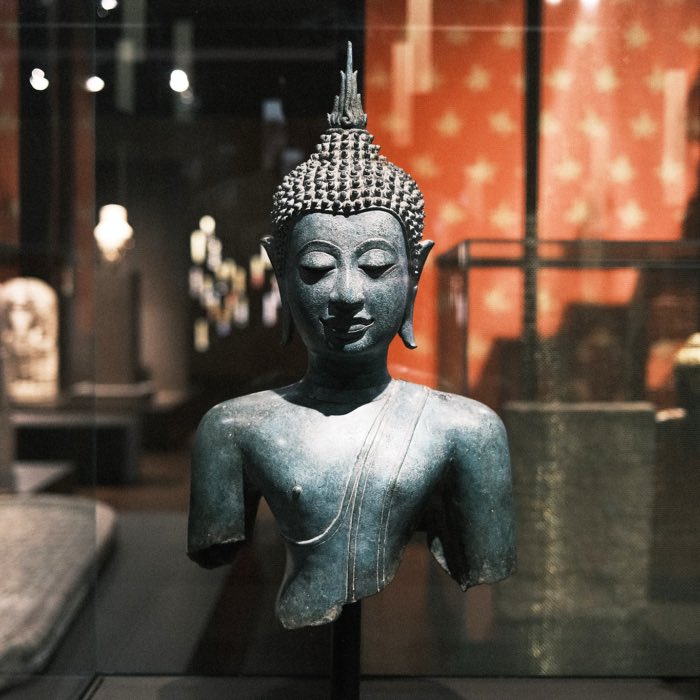
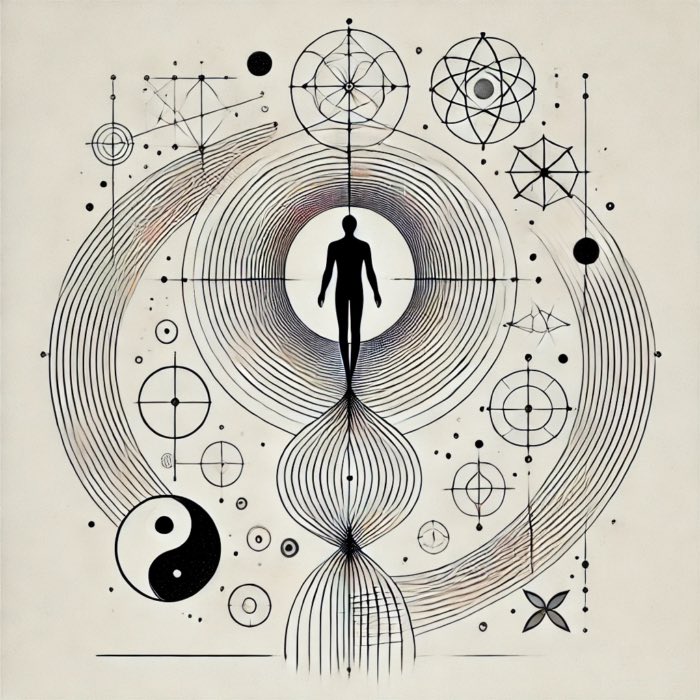
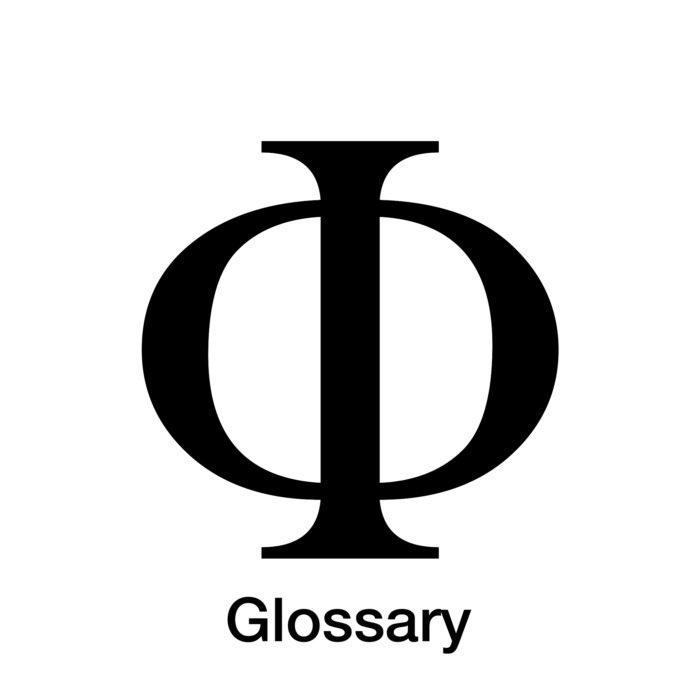
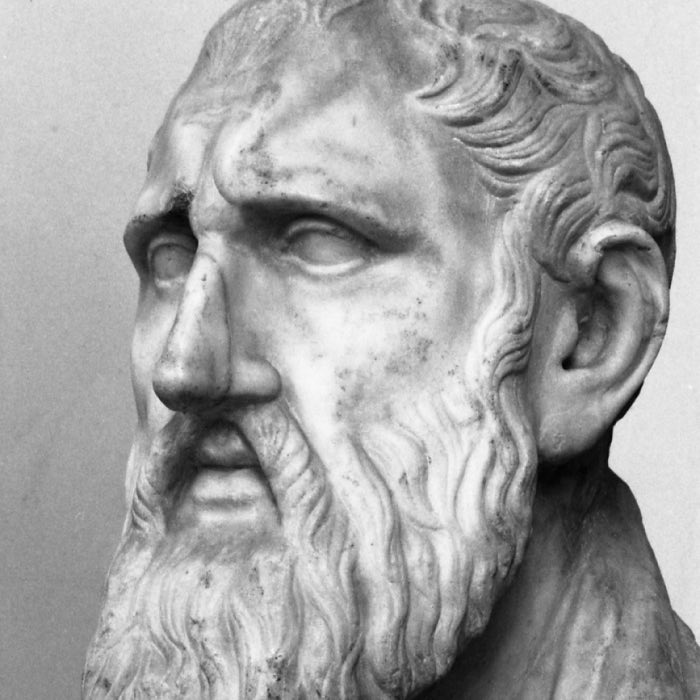
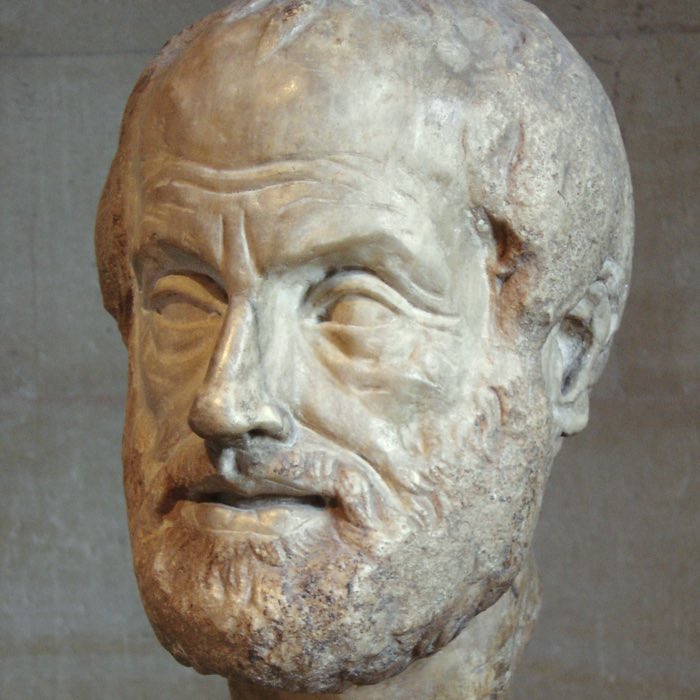
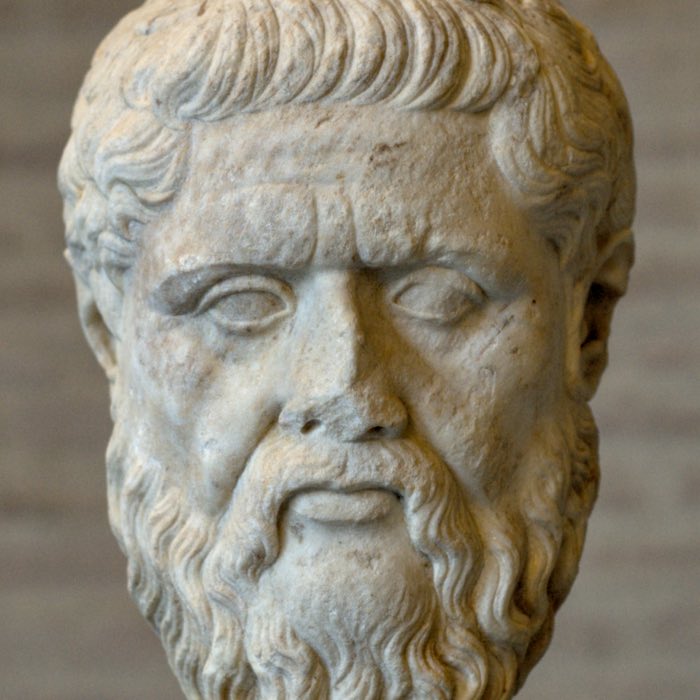
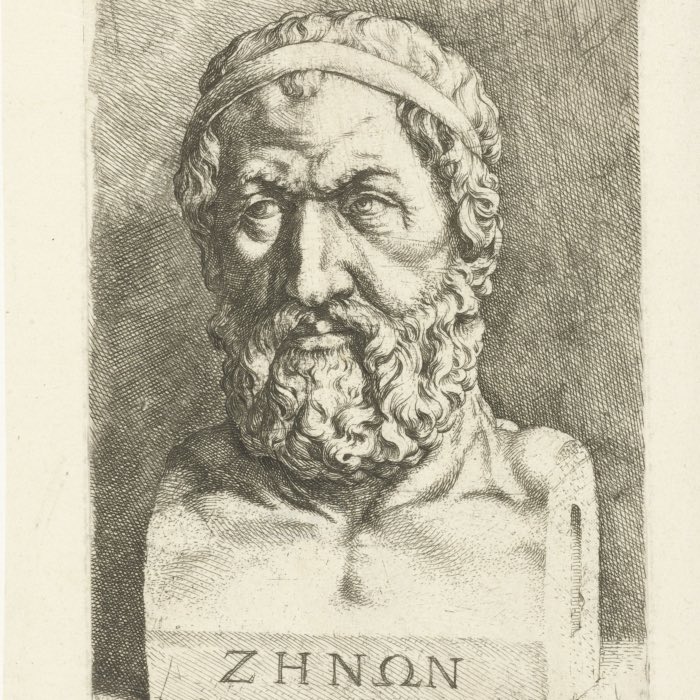
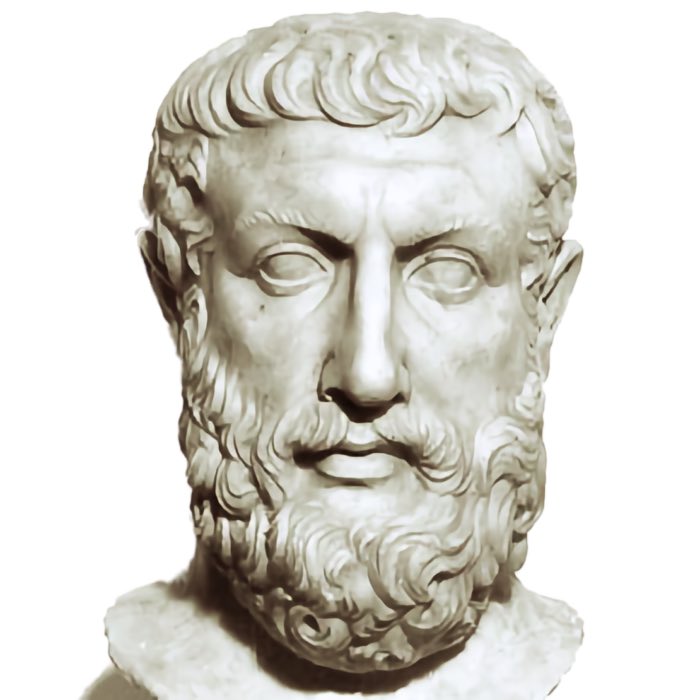
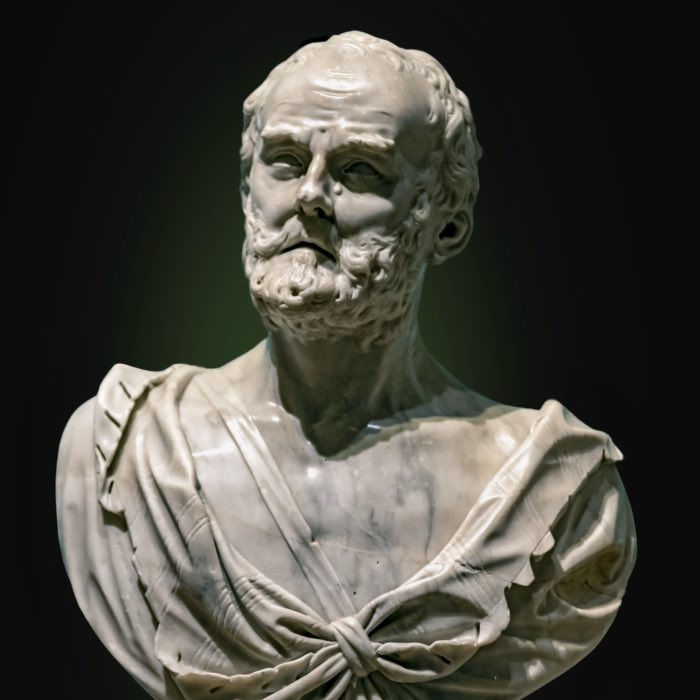
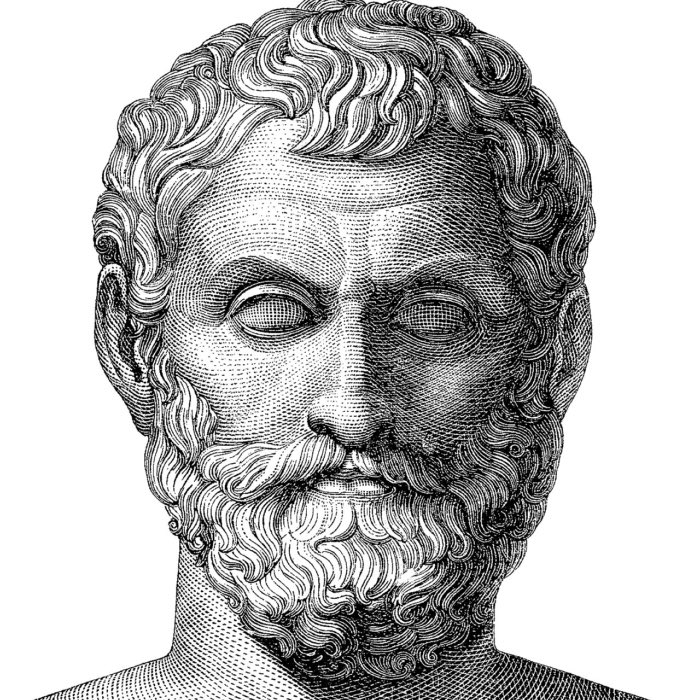
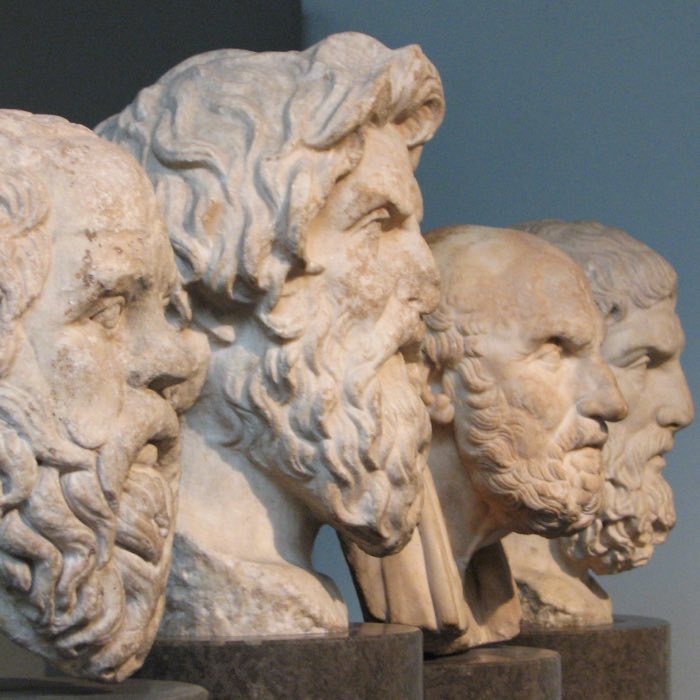





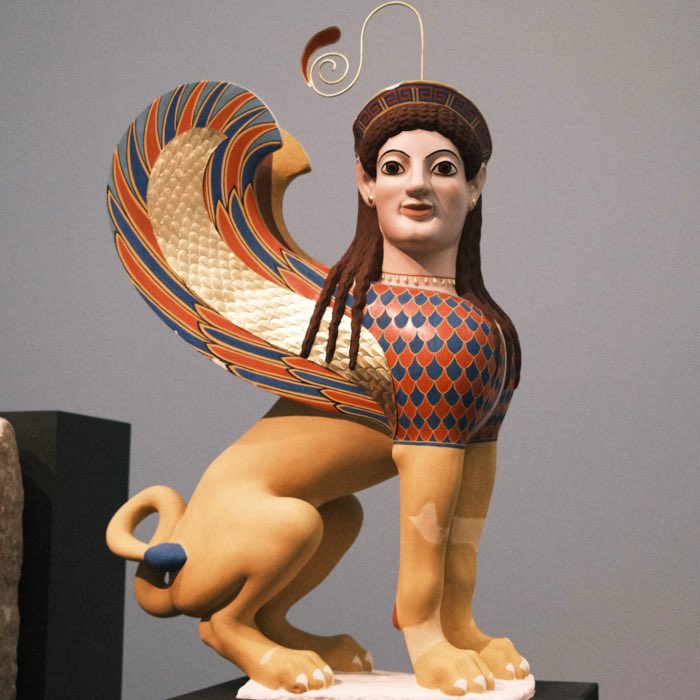

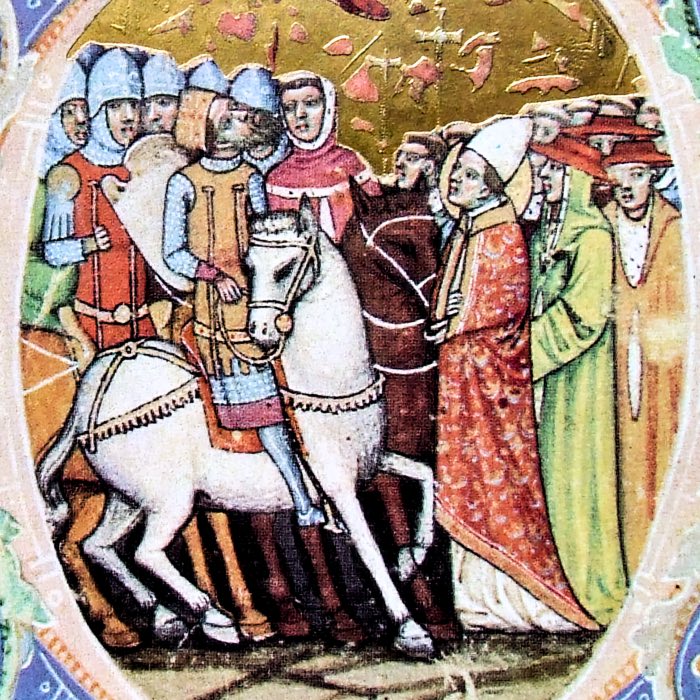
comments